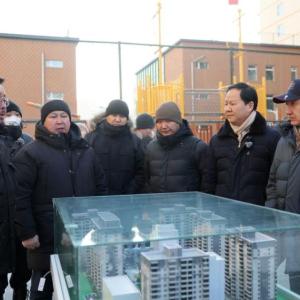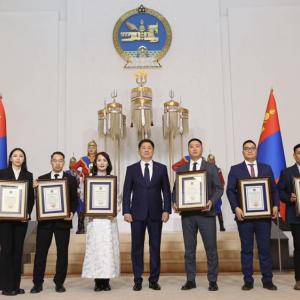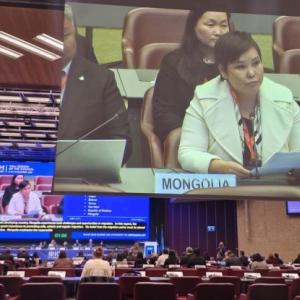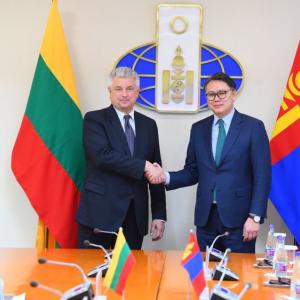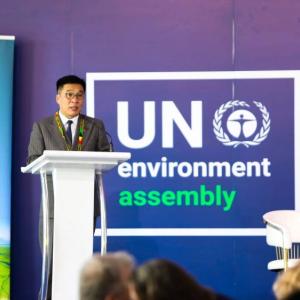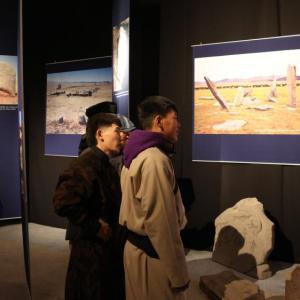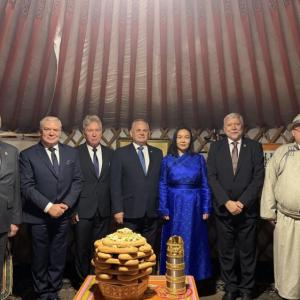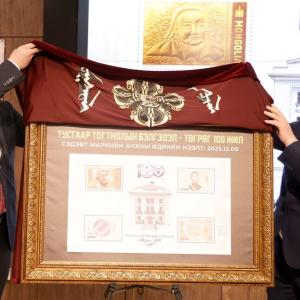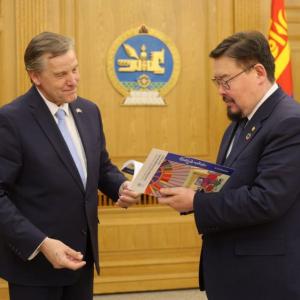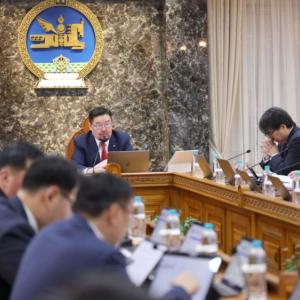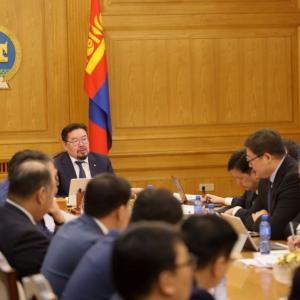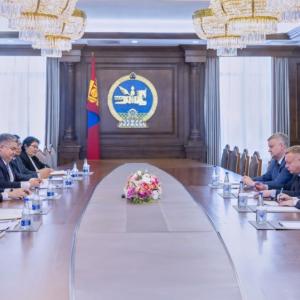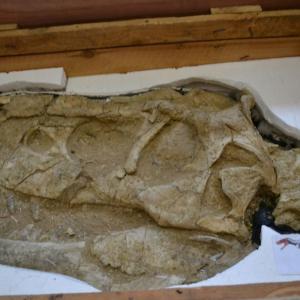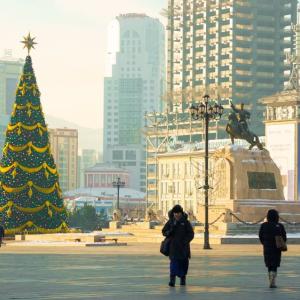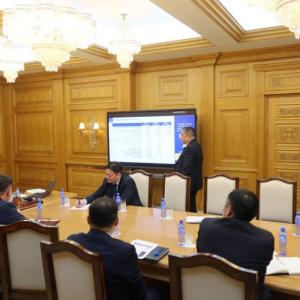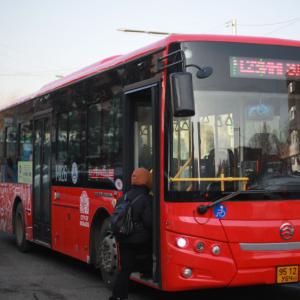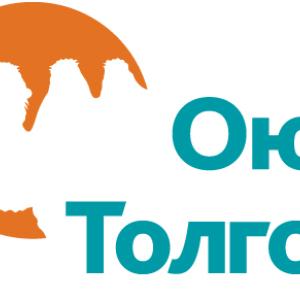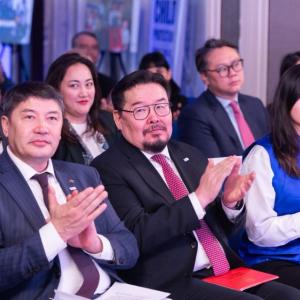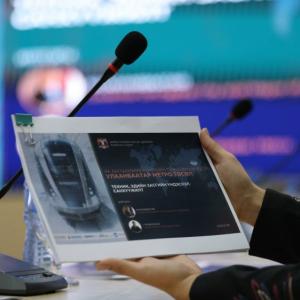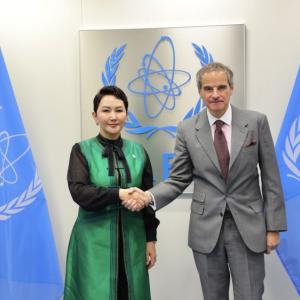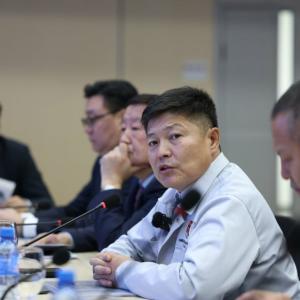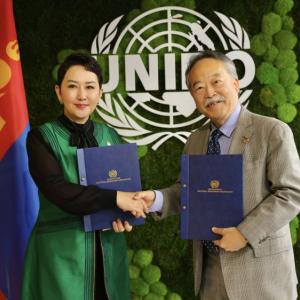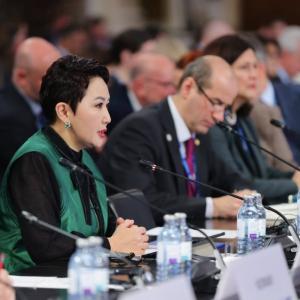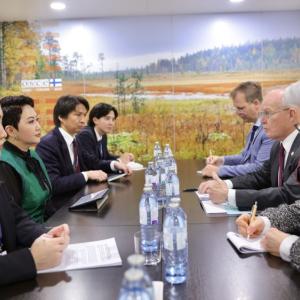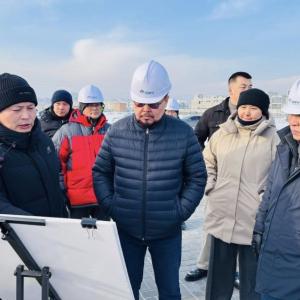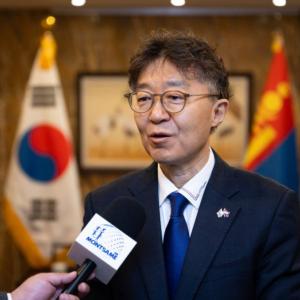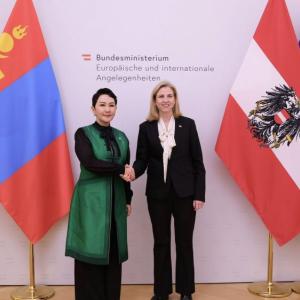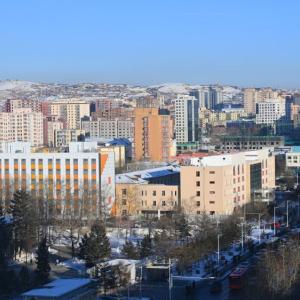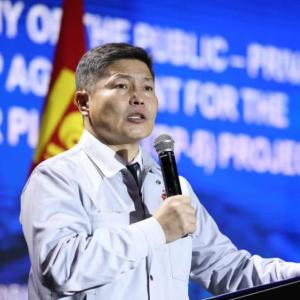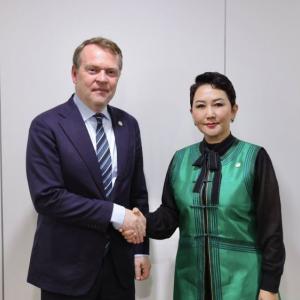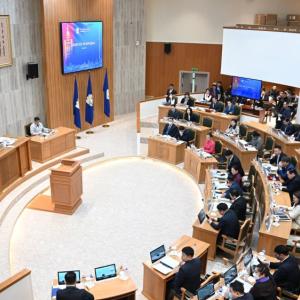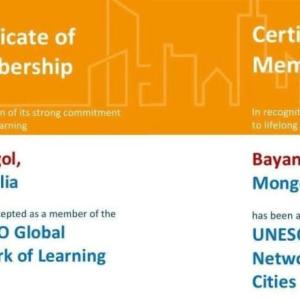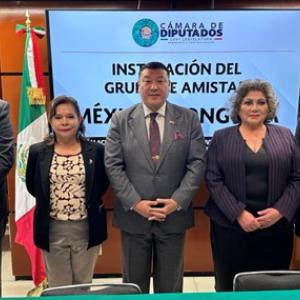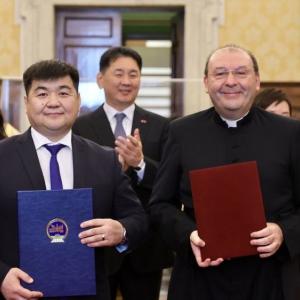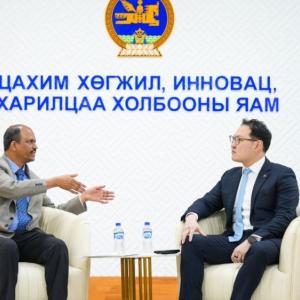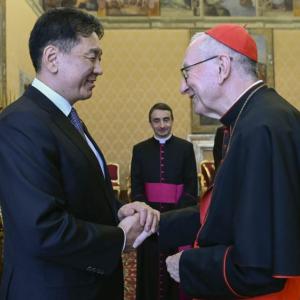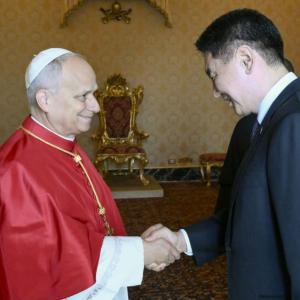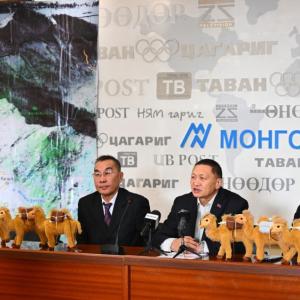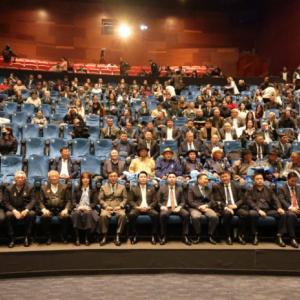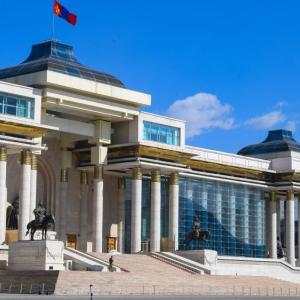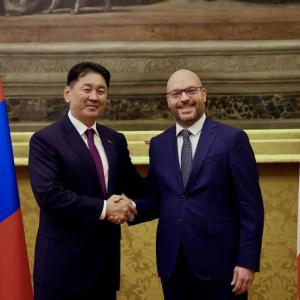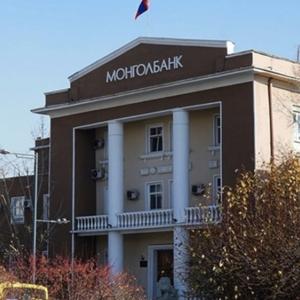Policy Research Center introduces studies on foreign policy
PoliticsUlaanbaatar /MONTSAME/ On February 8, research teams of the Center for Policy Research presented the results of first two of their studies at the School of International and Relations and Public Administration (SIRPA) of the National University of Mongolia.
The studies considered the decision-making mechanism of Mongolia’s foreign policy and the coordination between Mongolia’s geo-economic interests and the implementation of the Programme on Establishing Mongolia-China-Russia Economic Corridor.
The Center was established last year under the SIRPA, with a general objective to help make the policies more research-based, far-sighted and effective through presenting policy studies and recommendations.
At today’s meeting, M.Batchimeg MP, Director of the Diplomatic Academy of Mongolia Kh.Bekhbat, members of the research teams, SIRPA professors and officials from the Ministries of Foreign Affairs and Finance and the National Development Department.
The study on “Improving the Decision making Mechanism of Foreign Policy of Mongolia” was led by the State Honored Lawyer J.Enkhsaikhan, former Permanent Representative of Mongolia to the United Nations. The research team has been working with the lawmakers since 2014 and has successfully submitted a recommendation, which the lawmakers accepted and proceeded with, to prepare and present a draft law on Foreign Relations.
“The bill was included in the list of agendas to be discussed by the Parliament’s Autumn Session. However, the parliament postponed the reading of the foreign relations bill until the next session. I believe the bill will be discussed thoroughly and passed at the spring session”, M.Batchimeg MP told MONTSAME. According to her, the law, if adopted, will fill the gap of regulations on accountability system for foreign policy administrators.
Afterwards, the research team leader Ambassador J.Gulguu gave a presentation on the findings of study on economic corridor. Establishing the Mongolia-China-Russia economic corridor will help Mongolia to become an active participant in the regional economic integration, as the corridor will also serve the interests of China to build the shortest cut to Russia and Europe and Russia’s interest to activate the Trans-Siberian railroad usage.
The Program on Establishing Mongolia-China-Russia Economic Corridor reflects 32 major projects, the complete studies on which will be conducted throughout 2016-2020.
 Ulaanbaatar
Ulaanbaatar





